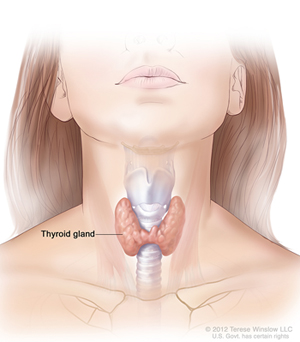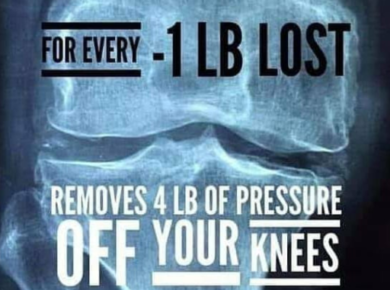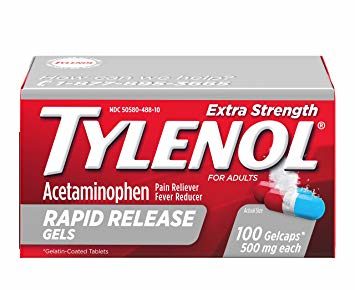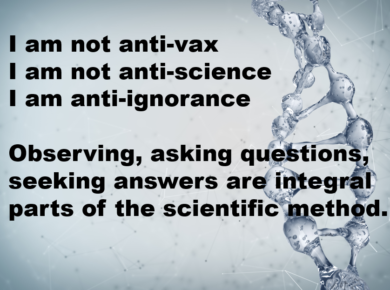There is an epidemic of thyroid issues today. Some studies suggest that up to 90% of women suffer from some variant of thyroid conditions. I agree with this. It seems that every woman I see in the clinic has thyroid problems.
A few years ago, Dr. Khalil from Hotel Dieu de France Hospital wrote a detailed paper on how certain antibiotics and antidepressants destroy the thyroid and iodine metabolism.
He showed that antipsychotics, anti-seizure medications, antidepressants, lithium, and antibiotics (Cipro and Levaquin) mainly alter iodine capture, deactivate it, as well as decrease thyroid-stimulating hormone (TSH) response to thyroid-releasing hormone (TRH).
TRH is released by the hypothalamus to direct the pituitary gland to make and release the hormone TSH. The latter directs the thyroid to make the molecules T4 and T3. These two molecules control and regulate the metabolism and a variety of functions in the body.
In other words, these medications interfere with the proper activity of the thyroid gland. They do this by 4 distinct mechanisms:
- They can induce the formation of thyroid autoantibodies leading to the destruction of the thyroid gland.
- They bind and deactivate iodine in the body. In other words, they prevent the uptake of iodine by the thyroid gland. Without iodine, the thyroid can’t work
- They block the production of TRH and TSH by the hypothalamus and pituitary gland respectively.
- They stimulate the elimination of thyroid hormones by the liver, causing hypothyroidism symptoms.
There is also an epidemic of “Sjogren’s Syndrome”. Unfortunately, I have seen an increasing number of people dealing with this condition over the last few years.
Interestingly, there is a clear connection with Sjogren’s and thyroid disorders. Specifically, Hashimoto’s Thyroiditis and Sjogren’s come together.
Therefore, these medications can lead to both thyroid disorders and other autoimmune issues like Sjogren’s.






